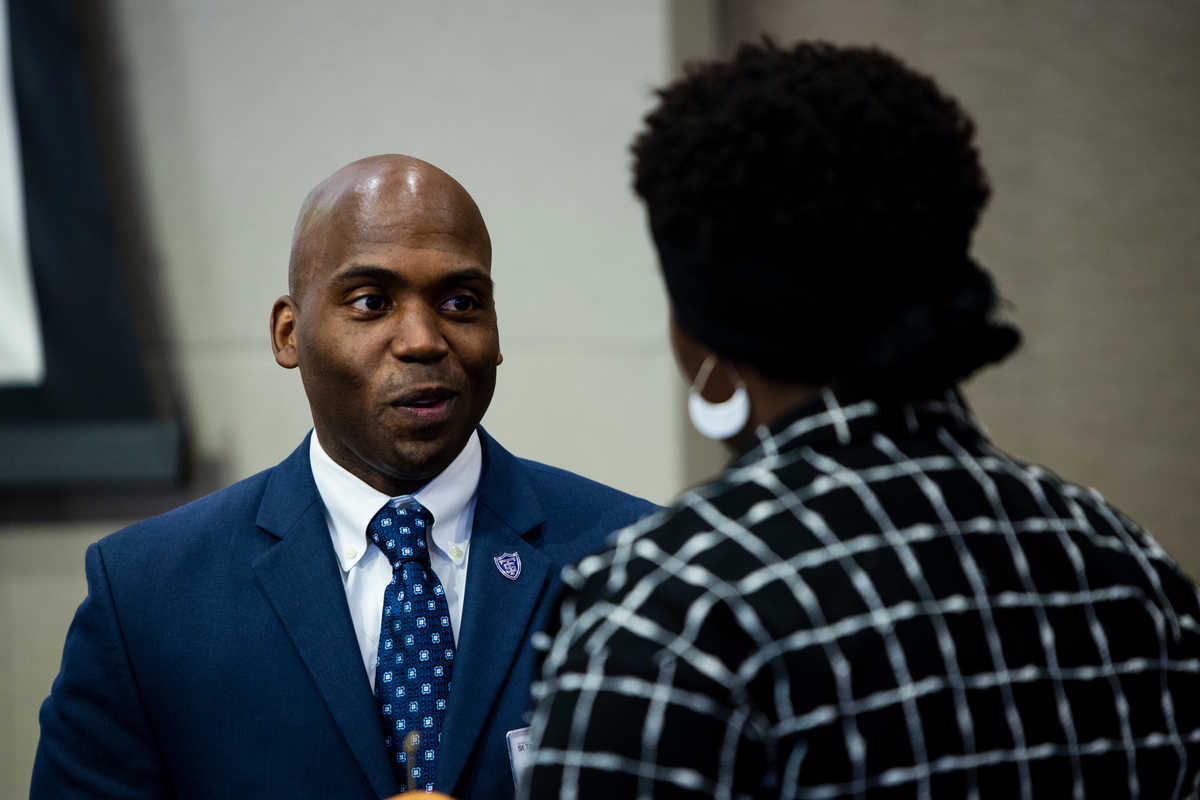
St. Thomas professors Dr. Christopher Michaelson and Dr. Yohuru Williams wrote a piece for the Star Tribune on how athletes and corporate leaders today are beginning to take more public stances on political and social issues.
From the Article: Post-2020, the expectations for corporate political activism have changed, especially for consumer brands. Those that do not take political positions on racial justice and economic inequality arguably risk alienating their consumers and investors even more than those that do. Jordan's heir as the greatest basketball player on the planet, LeBron James, refuses to acquiesce to detractors who tell him to "shut up and dribble," using criticism as an opportunity to speak out on voting rights and Black Lives Matter.
Why have the expectations of corporations and their representatives to engage in political activism changed so much in so little time? There is not a simple answer to this question, but one general trend in the past few decades has been a "value shift" from stockholder to stakeholder capitalism. The former emphasized profit maximization, whereas the latter suggests that corporations can have a socially beneficial purpose that affects a broad community interested in shared value, not just share value.







